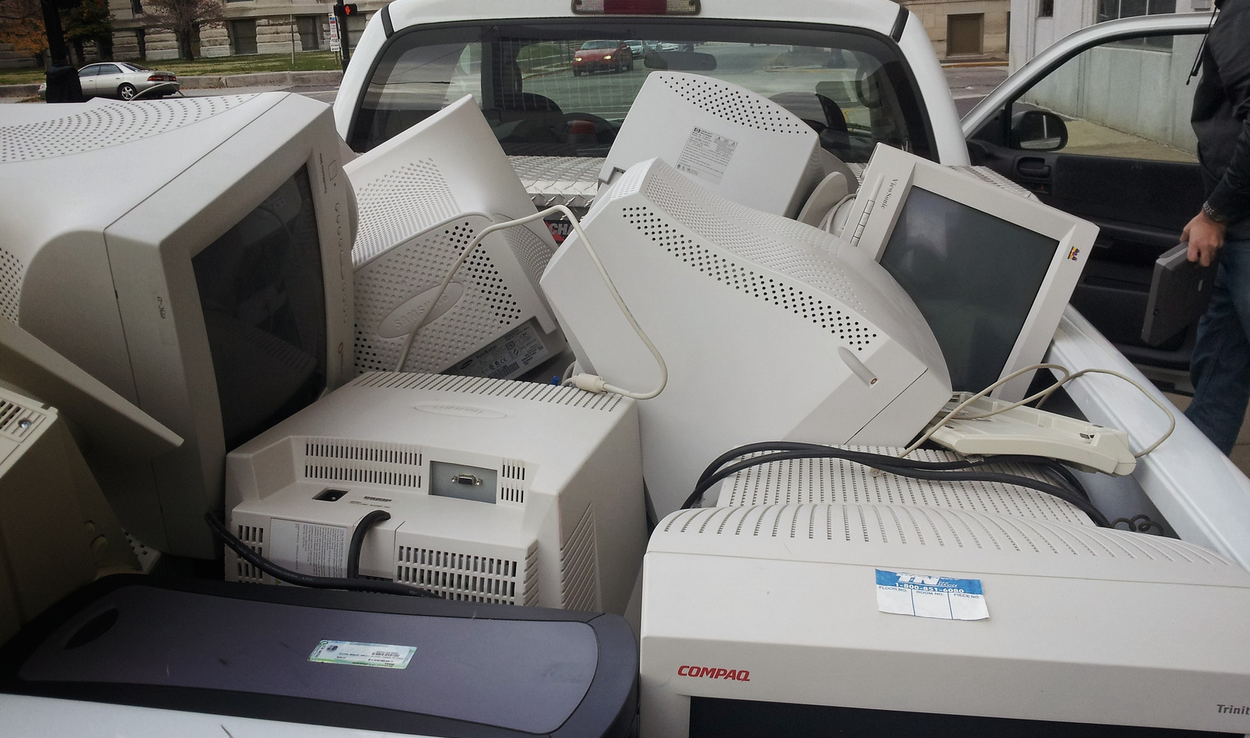Why did it take an act of Congress to make it so we could legally unlock our cellphones and take them to other carriers? Because while you might own your smartphone, you don’t actually own the software that runs it — you merely license it. There are already manufacturers that use essential, proprietary software to prevent device “owners” from freely reselling certain products, and these restrictions are only going to spread as consumers use more web-connected goods. In response, some members of Congress have introduced legislation aimed at stripping these copyright-based barriers to resale. [More]
copyright
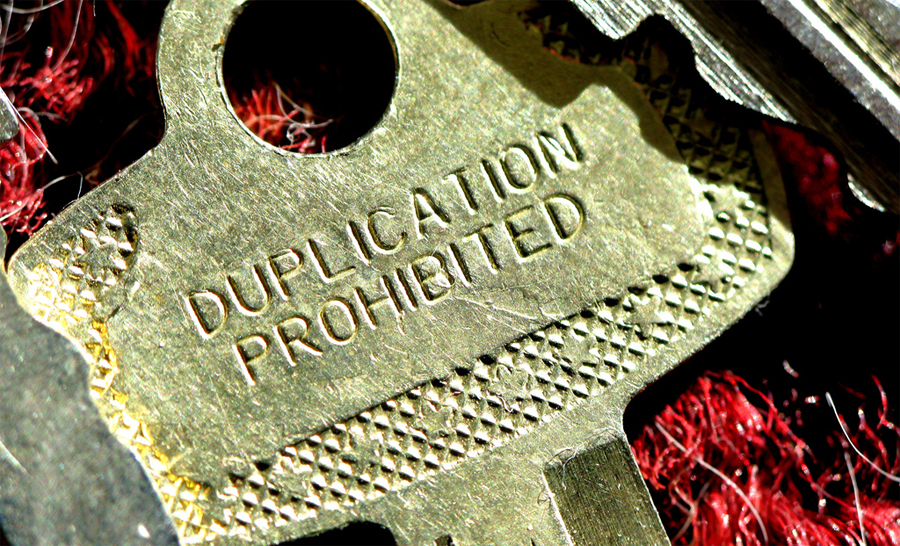
4 Ways Copyright Law Actually Controls Your Whole Digital Life
We all know that copyright law means you shouldn’t download copies of movies from shady torrent sites, and that you should pay for the music you listen to. We know it means people and companies have rights to stuff they make, like photos and music and books, and that there are legal and illegal ways of sharing those things. [More]

Sony Demands Reporters Stop Reporting On, Destroy Stolen Documents
Sony is still reeling from the recent massive hack that has opened a seemingly endless source of news stories about funny names that celebrities use to check into hotels and which movie stars are considered greedy jerks by greedier, jerkier studio executives. But now the company is hoping to put this to an end, sending legal notices to reporters asking them to cease writing about the stolen items and to delete anything they might have in their possession. [More]

Photographer Still Trying To Claim Ownership Of Monkey Selfie
Even though the U.S. Copyright Office has explicitly stated that one can not register a copyright for “A photograph taken by a monkey,” the photographer whose camera was used by a monkey for a now-famous self-portrait is still trying to claim that he is the owner of the photograph and demanding that a website purchase a license to run the image. [More]

Senator Pressures Visa, MasterCard To Stop Serving File-Sharing Sites
File-sharing and copyright infringement have been a bugaboo among lawmakers since internet speeds got fast enough to swap music in the late 1990s. No tactic so far has actually yet stopped audiences from swapping music and movies among themselves, and while some sites and services have been shuttered, another two or three are always ready to pop up. So now a lawmaker is trying a new strategy: appealing to the middlemen who actually move the money. [More]
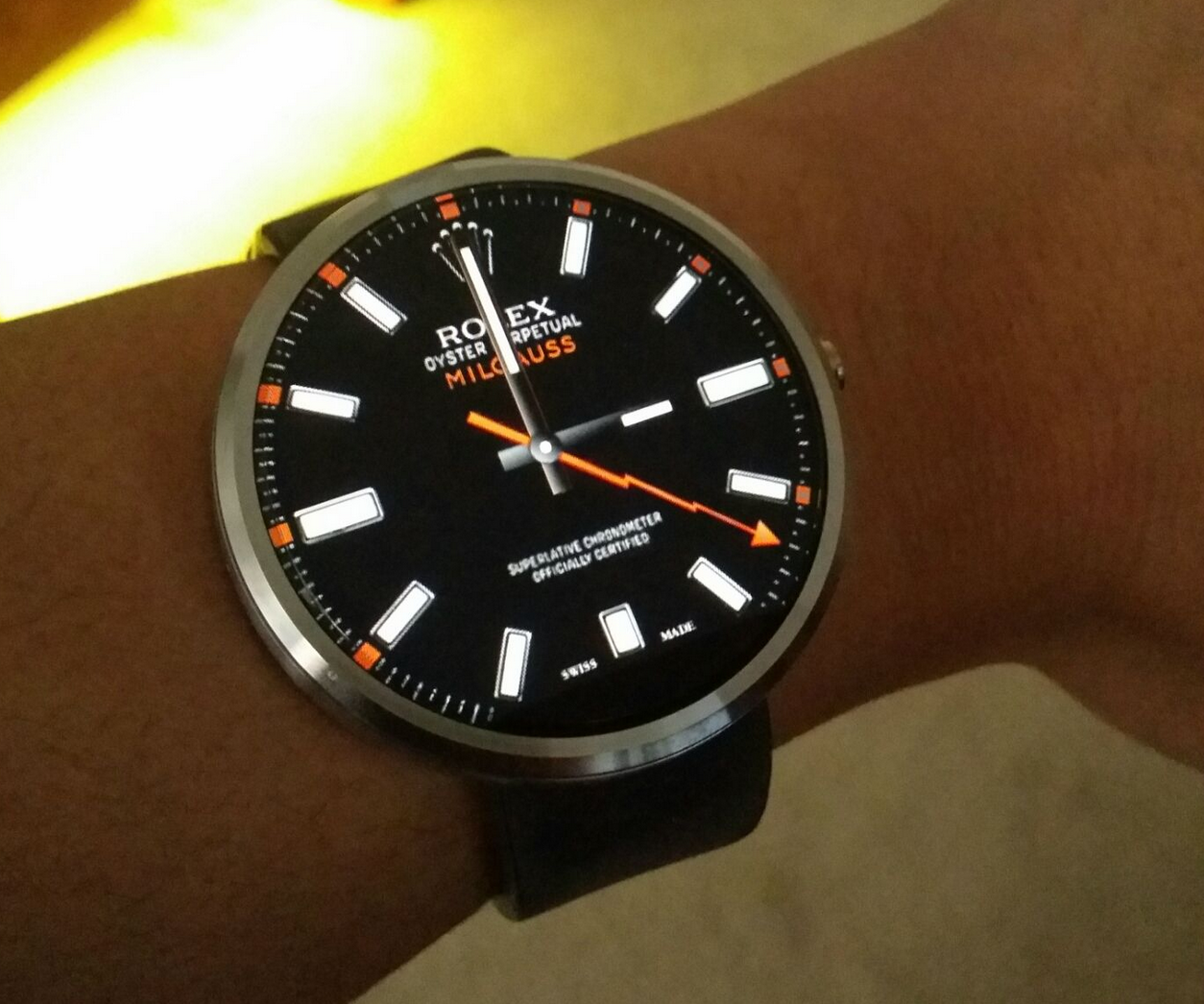
Luxury Watch Makers Out To Stop Lookalike Faces For Smart Watches
Just like some street vendors make a living selling lookalike Cartier and Omega watches for cheap, some folks are selling — or even giving away — knock-off digital watch faces for Android-powered smartphones. And the watch companies are going after these people with the same zeal as they chase the “Cantier” and “Omego” sellers from sidewalks. [More]
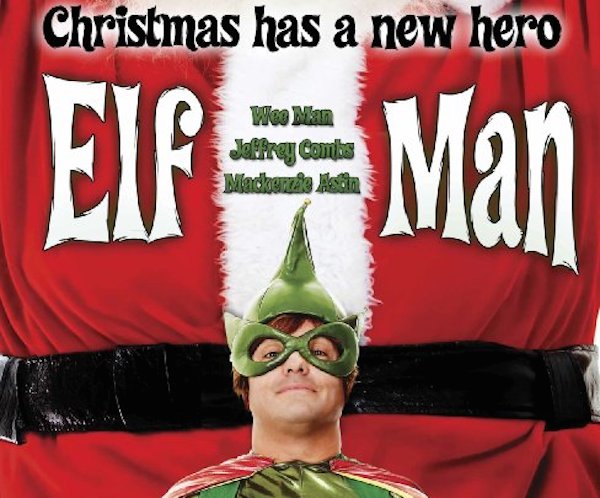
Judge: $30K Penalty For Pirating Movies Is “Excessive Punishment”
If police catch you racing down the highway at 25 mph over the speed limit, you’ll probably have to pay a ticket in the low three-figure range, even though you were putting your life and the lives of others at risk. But get accused of illegally downloading a movie and you should have to pay $30,000? Not according to a federal judge in Washington state. [More]
![4chan has introduced a formal takedown request policy in line with the Digital Millennium Copyright Act. [via TorrentFreak]](../../../../consumermediallc.files.wordpress.com/2014/09/4chan-dmca.jpg?w=300&h=225&crop=1)
4chan Introduces DMCA Takedown Policy After Posting Of Nude Celeb Pics
While most Internet-savvy people are at least casually familiar with 4chan — the online forum where a lot of the Web’s most popular content gets its start — the site has been pushed into the spotlight in recent days because of users who posted stolen nude and personal photos of several female celebrities. After years of relying on its self-erasing format that automatically removes old content, 4chan has now instituted a formal policy for people to request removal of copyrighted content. [More]
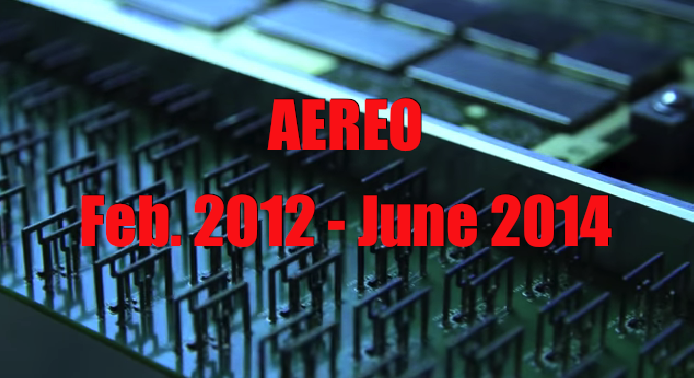
Appeals Court Won’t Hear Aereo’s “We’re A Cable Company” Argument
Following its crushing defeat before the U.S. Supreme Court earlier this summer, streaming video startup Aereo tried to stay alive by arguing that since the court said it was acting like a cable company, it should then be considered a cable company. Alas, a federal appeals court has decided not to hear this debate, possibly hammering the final nail into Aereo’s coffin. [More]

U.S. Copyright Office Agrees: Monkey Self-Portraits Are Public Domain
In news that will disappoint monkey photographers nationwide, a draft report from the U.S. Copyright Office seems to make the regulators’ opinion pretty clear on the question of who holds the copyright for a photo — or any work — created by an animal. [More]
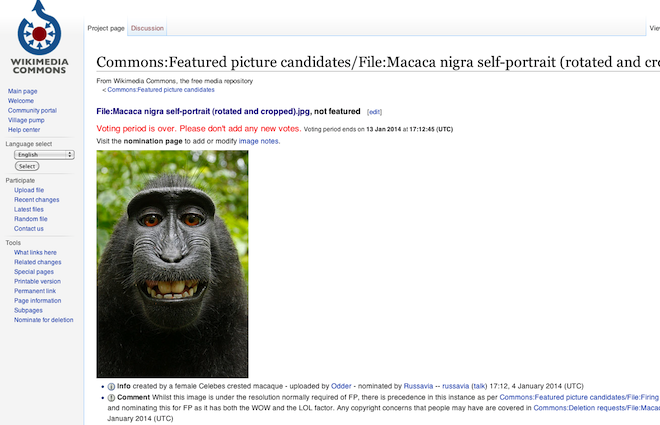
Wikimedia: Camera-Owner Doesn’t Hold Copyright To Monkey Selfie
If I take a photo with your camera, who holds the rights to the image? After all, I’m the photographer; you just happened to own the camera. What if I’m a non-human animal who can’t hold copyright — does that automatically mean the copyright defaults to the camera’s owner? Not according to Wikimedia, the organization behind Wikipedia. [More]
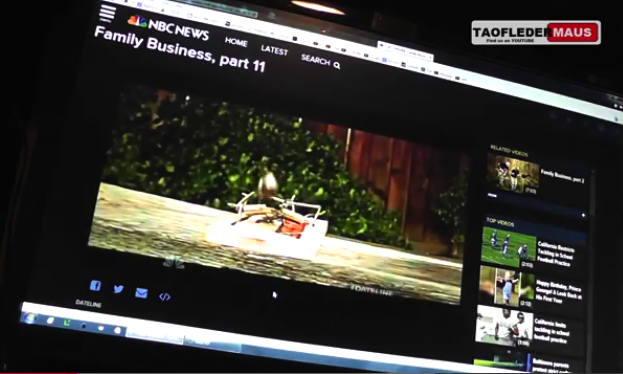
Can Dateline NBC Just Run Your YouTube Clip Without Permission?
Dateline NBC (aka “The Murder Show”) recently aired an episode about a California farm manager who was killed by an explosive device that used a spring-loaded rat trap as part of its triggering system. Thus, the show featured numerous YouTube clips of rat traps doing all sorts of awesome and violent things (no actual killing of rodents, thankfully) — some of which turned up in the browsing history on one of the suspect’s home computers — but Dateline didn’t identify the creator of those videos. [More]

Copyright Office Disagrees With Aereo That Aereo Is A Cable Company Now
Streaming video service Aereo’s last-ditch bid to stay in business hit another wall this week, as the U.S. Copyright Office has denied their request to be licensed in the same way as a cable company — at least, for the time being. [More]
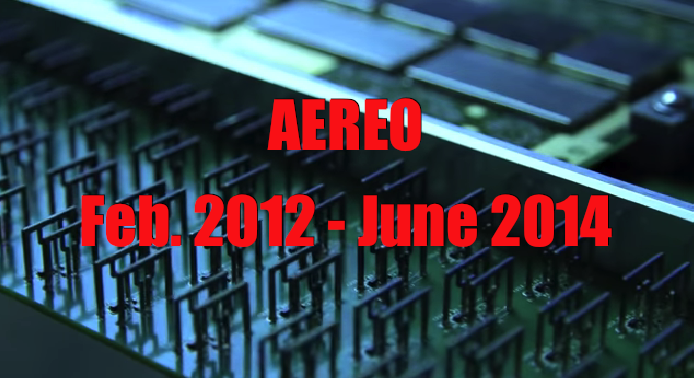
Can Anything Be Done To Make Aereo Legal Again?
Content streaming company Aereo “paused” all operations this past Saturday, after losing their case in the Supreme Court last week. Today, the company’s CEO, Chet Kanojia, sent an e-mail to subscribers asking for their support and entreating them to “make [their] voices heard” with lawmakers in order to bring Aereo back. But he didn’t say what, specifically, loyal customers should ask their lawmakers to do. So in the wake of last week’s ruling, what law would have to change in order to make Aereo legal? [More]

Private Internet Copyright Cop Company Makes Profit From Every “Settlement”
It’s been about 15 years since the heyday of the Napster era made copyright violations and internet piracy the big bugaboo of content publishing industries. For a while, organizations like the RIAA tried suing violators, but nobody benefited from headline-making million-dollar fines. Then the major ISPs all jumped on board with a “six strikes” system to send warnings to suspected violators, but apparently for some content rights owners that’s still not enough. So what is the industry trying now? A private, for-profit digital copyright cop shop. Because that couldn’t possibly backfire in any way. [More]
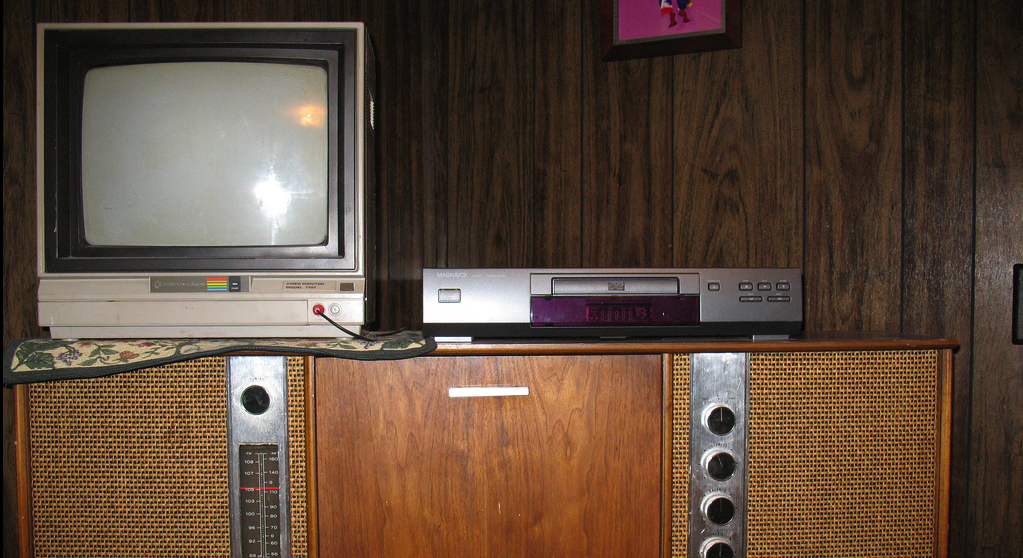
You Can Make Your Own Aereo At Home, But Is It Worth It?
While cord-cutters around the country wait impatiently for the Supreme Court to make up its mind about the legality of Aereo — the subscription service that collects local over-the-air broadcast TV feeds and streams them to paying users over the Internet — we’ve been looking into what it would take to replicate something close to Aereo that couldn’t be shut down by SCOTUS. [More]
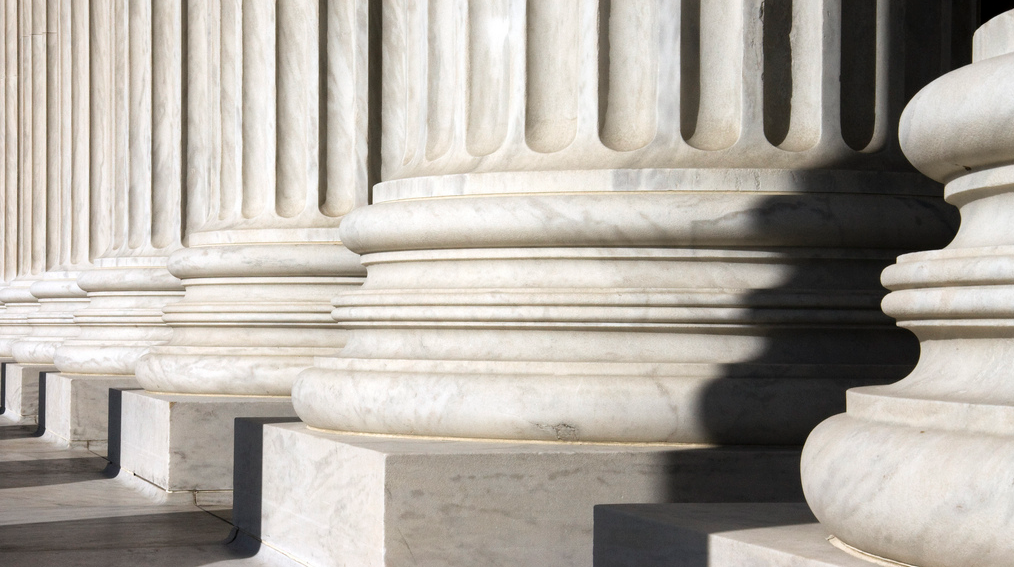
Aereo Supreme Court Case Could Change TV & Cloud-Based Tech Forever, Regardless Of Who Wins
Many big court cases involve one side arguing to maintain the status quo while the other contends that the current situation needs revising. But tomorrow, the broadcast TV networks face off against startup streaming video service Aereo in front of the U.S. Supreme Court in a case that could have far-reaching implications no matter which side is victorious. [More]
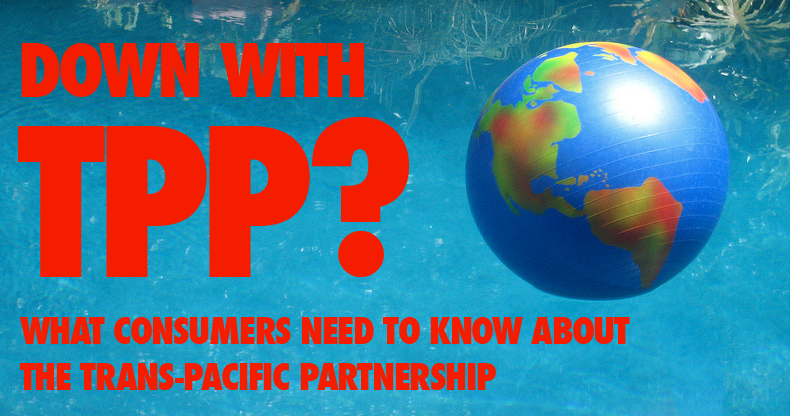
What The Heck Is The Trans-Pacific Partnership & Why Should I Be Concerned?
It’s 2014, and we’re living in an increasingly globalized economy. International trade has been ramping up for centuries, and a carefully-plotted web of agreements keeps goods, services, and money moving around the world. The U.S. is already a part of many such agreements and organizations — NATO and NAFTA might sound familiar — but a new international trade agreement, under negotiation right now, has a lot of watchers very worried about potential consequences for everything from healthcare to copyright law in the United States. [More]


